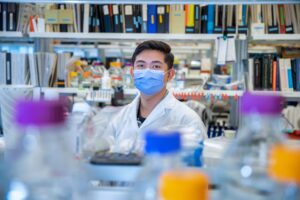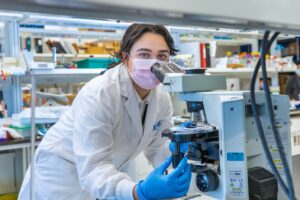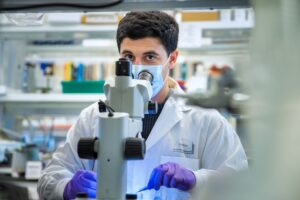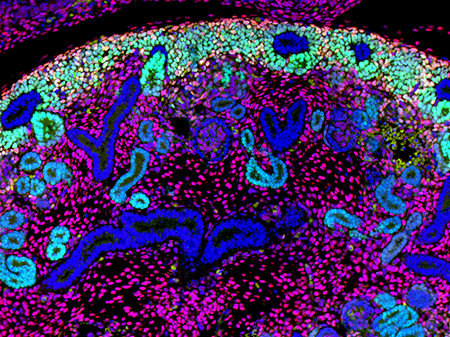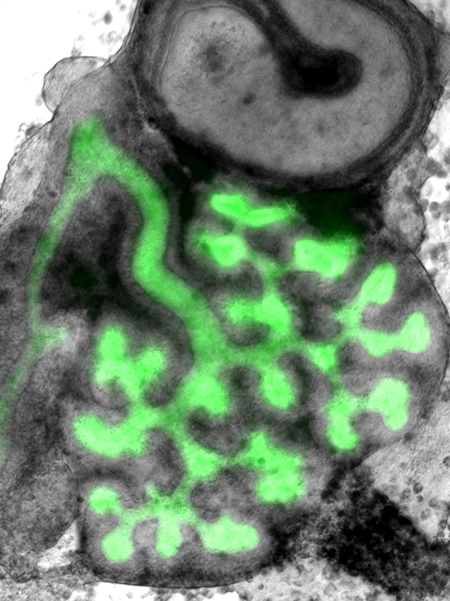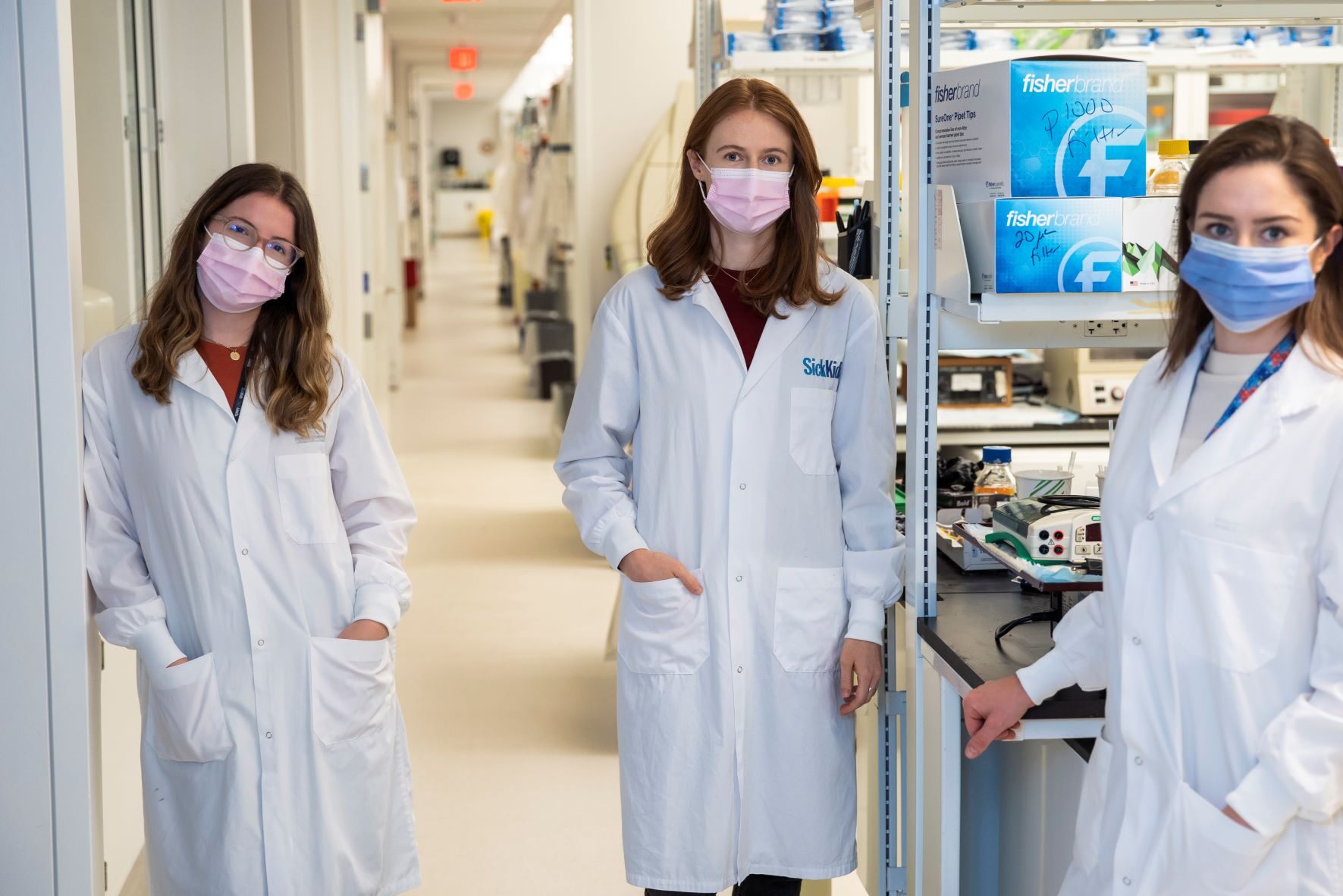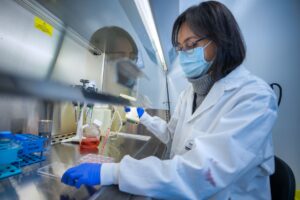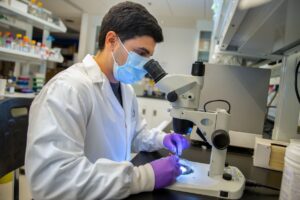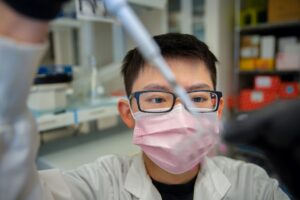Research in the Rosenblum Lab focuses on formation of the normal and malformed mammalian kidney. The kidney is indispensable for health. Kidney and urinary tract malformation is the major cause of chronic kidney disease in children and adolescents. Despite the contribution of kidney development to health and disease, the underlying molecular mechanisms are largely unknown and no specific therapies exist.
The mammalian kidney arises from intermediate mesoderm-derived tissue, namely the ureteric bud and the metanephric mesenchyme, which consists of nephrogenic and stromal precursor cells. Reciprocal inductive interactions between ureteric and nephrogenic cells induce formation of the ureteric-derived collecting system via a process termed renal branching morphogenesis and formation of nephrons. These interactions are modified by cell-cell communications between these elements and stromal cells. A fully functional kidney requires formation of a critical number of nephrons that drain urinary filtrate into the collecting system and ureter towards the bladder.
In the Rosenblum Lab we focus on the following critical questions:
- How is formation of the kidney accomplished?
- What are the cellular and molecular mechanisms underlying malformation?
- How can we use human genetics and experimental nephrology to inform our understanding of kidney development and human disease?
These questions are being addressed by investigating the following issues:
- Control of formation of nephrogenic and stromal cells from a common progenitor by Hedgehog-Gli signaling
- Control of stromal-nephrogenic cell-cell communication and nephron number by Hedgehog-TGFβ signaling
- Control of branching morphogenesis by integrin-linked kinase
- Molecular and cellular mechanisms that control urinary pacemaker cell function
- Development of models to functionally assess the impact of human missense variants detected in humans with Congenital Anomalies of the Kidney and Urinary Tract (CAKUT)
- Use of kidney organoids to model human disease


